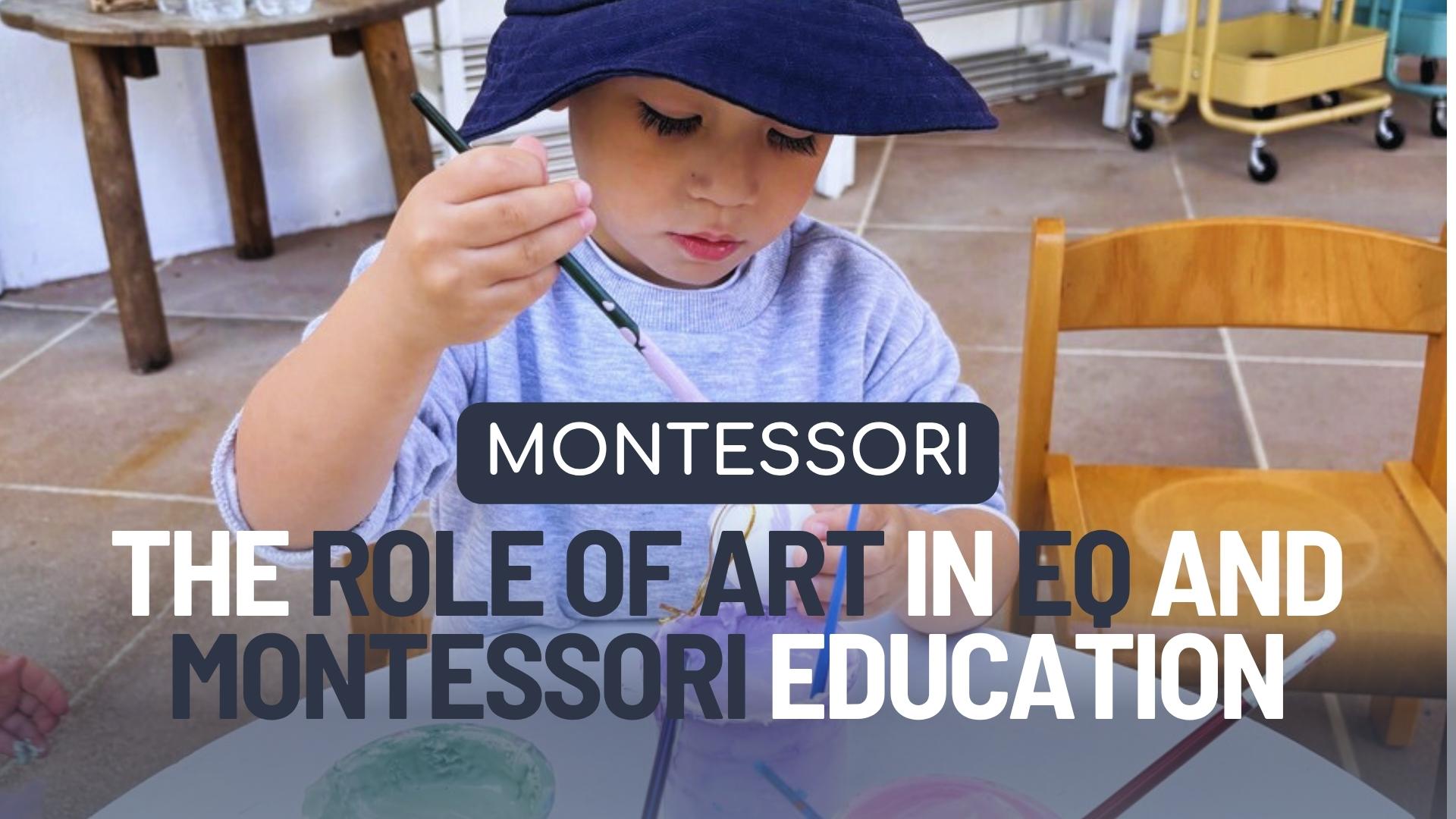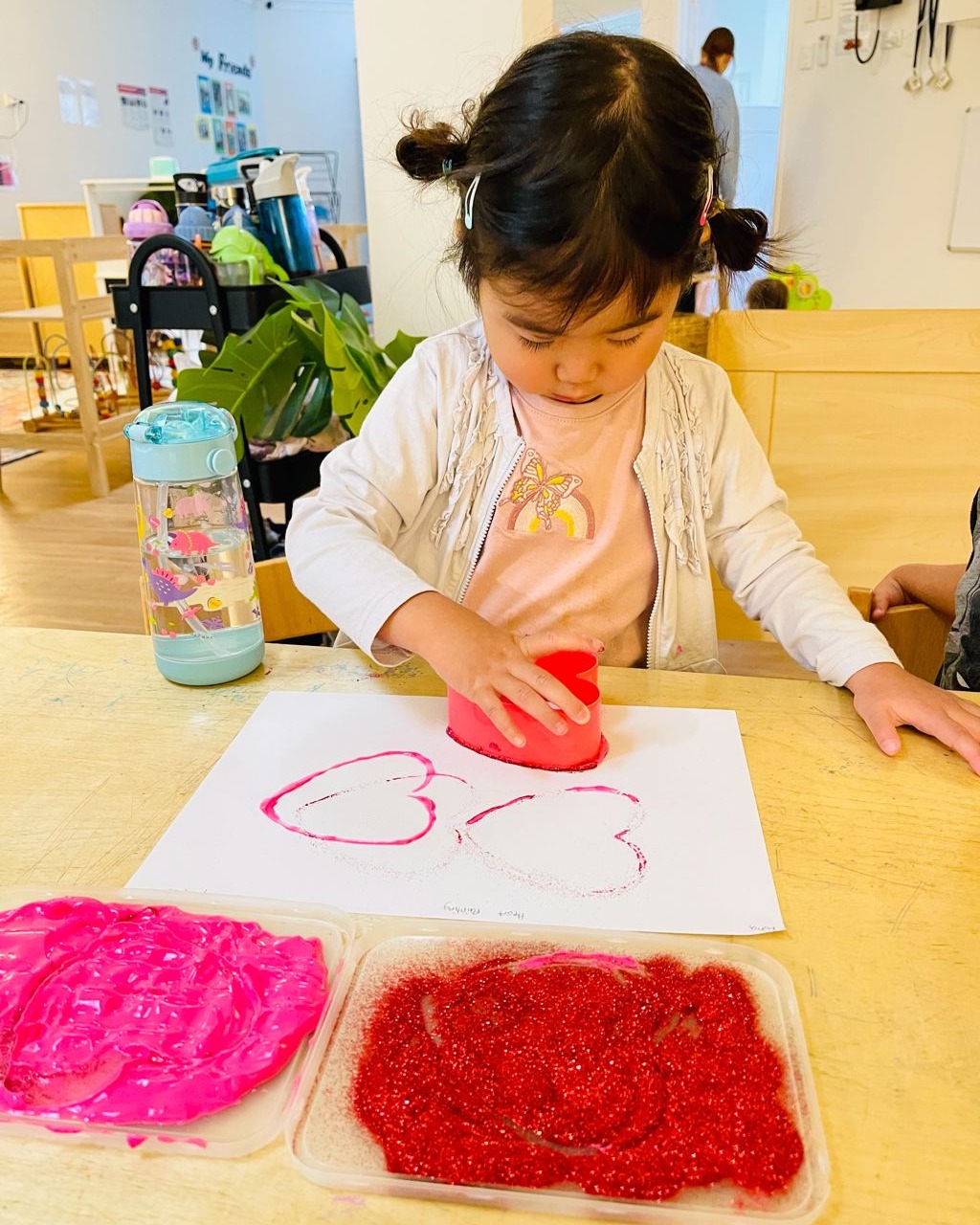
The role of art in the Montessori Emotional Intelligence approach
All children are born with a natural curiosity and limitless creativity. At Enrich Early Education, we see art as a powerful tool to nurture our young learners’ imagination, creativity, innovation, and self-expression. Our art program creates a supportive environment where children feel empowered to express their emotions and learn through their senses.
Art is essential in childhood development
Our children engage their senses through our art program with hands-on learning experiences with colours, textures, and shapes. From an educational perspective, this develops their fine motor skills, hand-eye coordination, and cognitive abilities such as critical thinking and problem-solving. It is also a great way to help them recognize, access, and express their feelings.
Art in relation to IQ and EQ
Art plays a big role in developing cognitive intelligence (IQ) and emotional intelligence (EQ). While IQ measures cognitive abilities such as problem-solving, critical thinking, and logical reasoning, EQ focuses on understanding and managing emotions. Through art, children learn to explore and express their feelings and develop resilience and emotional growth.


The role of art in Montessori and EQ
Children are capable learners and can educate themselves if we provide the right environment, inspiration, guidance, and encouragement. Our EQM approach, which integrates Montessori and Emotional Intelligence (EQ) principles in our education, does just that.
Montessori emphasizes hands-on learning, self-directed exploration, and allowing the children to develop at their own pace. EQ focuses on managing feelings and emotions, and art allows the children to express them. Art is a great way to do just that!
Art at Enrich Early Education
While creativity comes naturally to all children, some might find exploring and experimenting freely a bit challenging. Especially if they are afraid to make mistakes, coming from a strong sense of right and wrong. That’s where our loving educators come in. They guide the children in overcoming their fears and obstacles.
Our process-focused approach and open-ended arts encourage our children to use their imagination and creativity freely. That’s why we prefer not to give step-by-step instructions. This approach nurtures creativity and cultivates 21st-century skills like resilience and adaptability.
